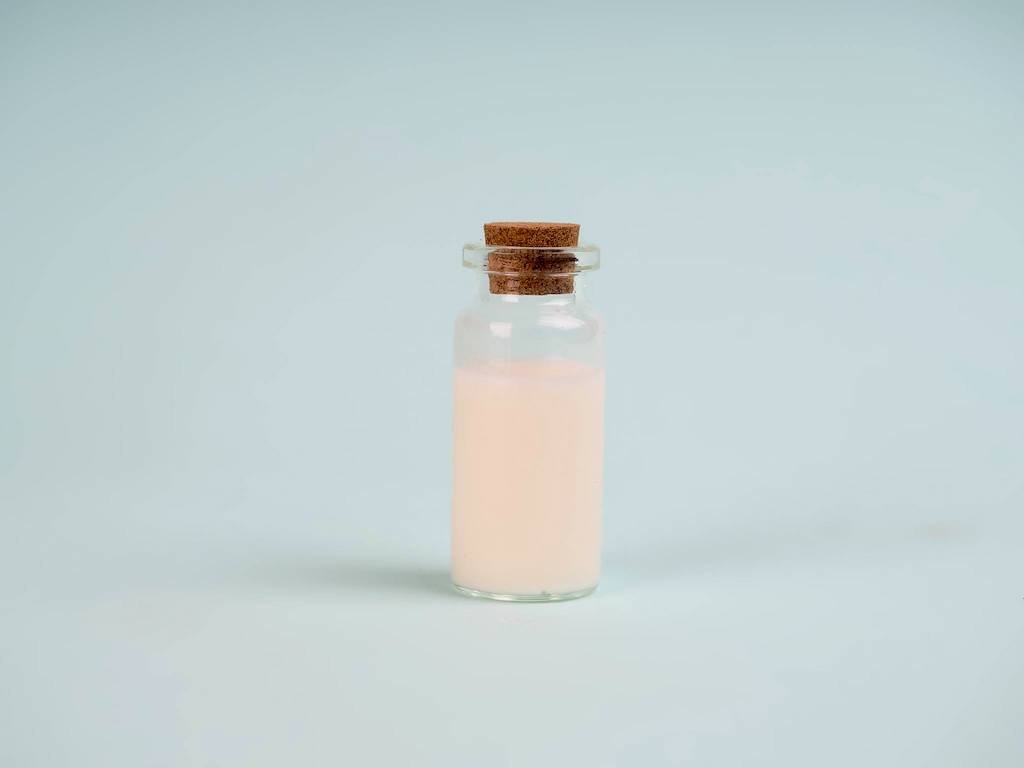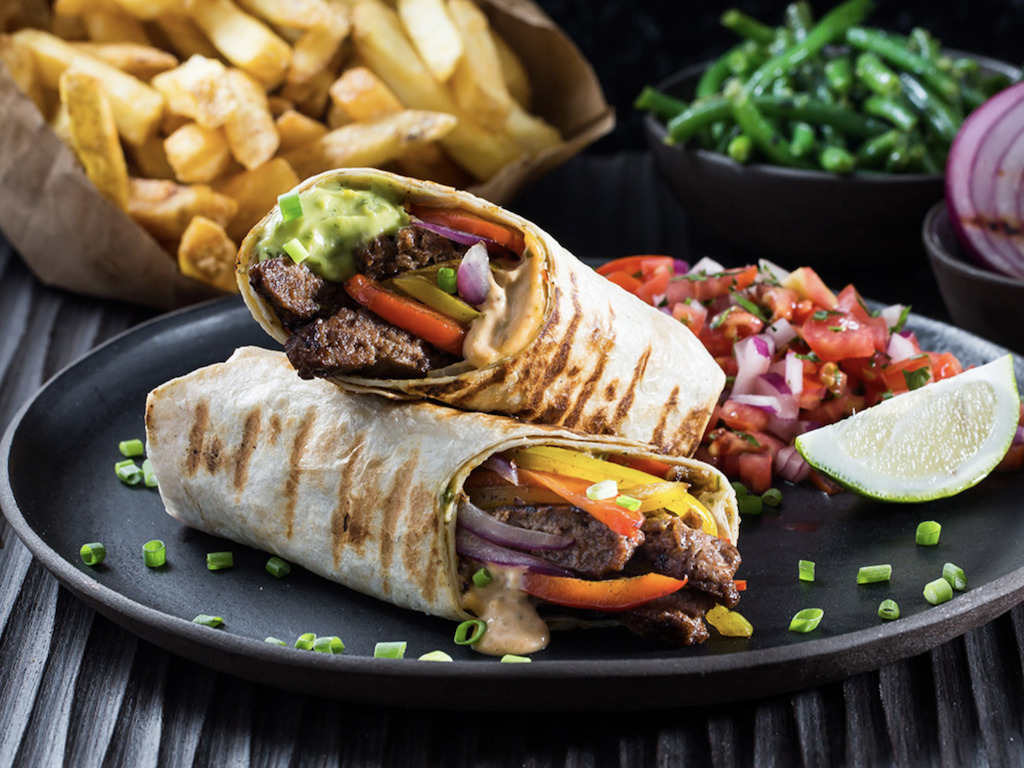4 Mins Read
Alternative protein companies in Israel saw investments surge to US$114 million in 2020, nearly tripling the figure in 2019 and eight-fold higher than the capital raised in 2018. The latest statistics emerging from the Good Food Institute Israel (GFI Israel) also recorded skyrocketing sales for plant-based alternatives on the market, with every category in the field experiencing double-digit growth in 2020.
New data released by GFI Israel shows that Israeli alternative protein investments increased to US$114 million in 2020, representing almost three-times the figure in 2019 with 154% year-on-year growth. Compared to 2018, when alternative protein firms in Israel raised just US$14 million in capital, the latest figure marks an eight-fold increase in two years.
The trend in Israel is aligned with the global alternative protein landscape, which saw investment triple in 2020 for alternative protein companies worldwide, with Asia-based firms leading the surge with a six-fold increase as the momentum in the plant-based, cell-based and fermentation space continues to grow.
In their sector-by-sector breakdown, GFI Israel found that plant-based meat, egg and dairy companies in the country bagged the bulk of the investment with US$77 million in 2020. Some of the biggest rounds in the sector were plant-based baby formula startup ELSE Nutrition’s US$30 million capital raise from the Canadian stock market.
This was followed by fermentation companies, which received US$21 million, with microbial fermentation dairy startup Remilk leading the funding with its US$11.8 million Series A.

These numbers signal a growing appetite for climate-friendly investments with returns beyond the bottom line.
GFI Israel
Cell-cultured startups raised US$16 million in 2020, but analysts at GFI Israel believe that the space is set for a investment boom in 2021, with several Israeli startups in the field already raising significant amounts this year. Among them are Meat-Tech 3D, who went public on the Nasdaq stock exchange and raised US$22 million, and Future Meat Technologies’ US$26 million round in February.
“Amid the social, environmental, and economic crises of 2020, these numbers signal a growing appetite for climate-friendly investments with returns beyond the bottom line,” wrote GFI Israel analysts.
In terms of the mix of investors, the data shows a shift away from venture capital funds, who dominated the field in 2018, to increasing flows coming from the stock market. In 2020, capital raised from venture capital funds amounted to 38% – down from 69% in 2018 – while 47% originated from the stock market.
Speaking to Green Queen Media, GFI Israel managing director Nir Goldstein revealed that there are currently approximately 40 alternative protein startups in Israel, making up an impressive 6% of the global total of 685 listed on GFI’s database. Of the 40 Israeli startups, 6 of them (15%) are women-led.
In addition, the research revealed a huge uptick in retail sales of alternative proteins in the market, with every sector in Israel demonstrating double-digit growth in every category. Over 2020, sales of plant-based products grew 13-times more than the broader animal-based market, a figure the nonprofit revealed in February ahead of the report’s release.
In the U.S., plant-based retail sales surged to US$7 billion in 2020, growing twice as fast as the broader animal-based retail category.

We are expecting to see more emerging startups and bigger investments being made as mature companies scale up in the coming years.
Aviv Oren, Business Engagement Manager, GFI Israel
Currently, all alternative protein sales in Israel and around the world are products that are plant-based rather than cell-based, with Singapore being the only exception as the first country to approve the commercial sale of cultured meat in late 2020 – though Israel is poised to see major steps in this direction given the government’s supportive positioning.
The greatest increase in alternative protein sales in Israel was experienced in the tofu category (68%), followed by burgers and minced meat alternatives (58%) and non-soy dairy-free milk substitutes (55%). Overall, plant-based milks make up 13% of the broader milk market in Israel, a sign of the mainstreaming of alternative proteins with mass market consumers.
Widespread consumer adoption of plant-based milk in Israel has even pushed the biggest food companies to make a dairy-free pivot, with Nestlé Israel CEO Avi Ben Assayag saying in a recent interview: “We must reinvent the future of nutrition. We can’t go on with the slaughtering and milking of cows… If we don’t make a science-based industrial agriculture revolution we won’t be able to feed the world.”
Describing Israel as a “startup nation” with leading teams in agricultural research, stem cell and tissue engineering, GFI Israel business engagement manager Aviv Oren says that the country is poised to become a key “hub for alternative protein innovation and cultivated meat companies” and become an international market leader.
“As this industry is still in its infancy, we are expecting to see more emerging startups and bigger investments being made as mature companies scale up, in the coming years,” commented Oren. “Startups in Israel are no longer in a rush for an exit, and although their target market is in most cases overseas, they have learned to scale effectively and build global brands.”
Lead image courtesy of SavorEat.




